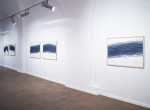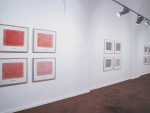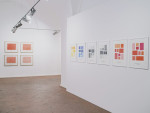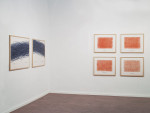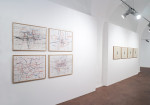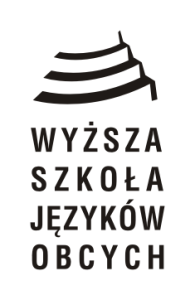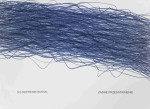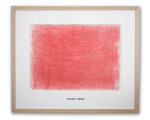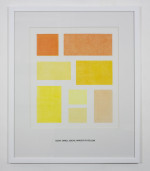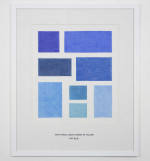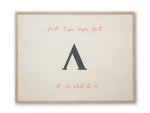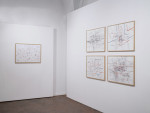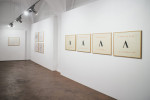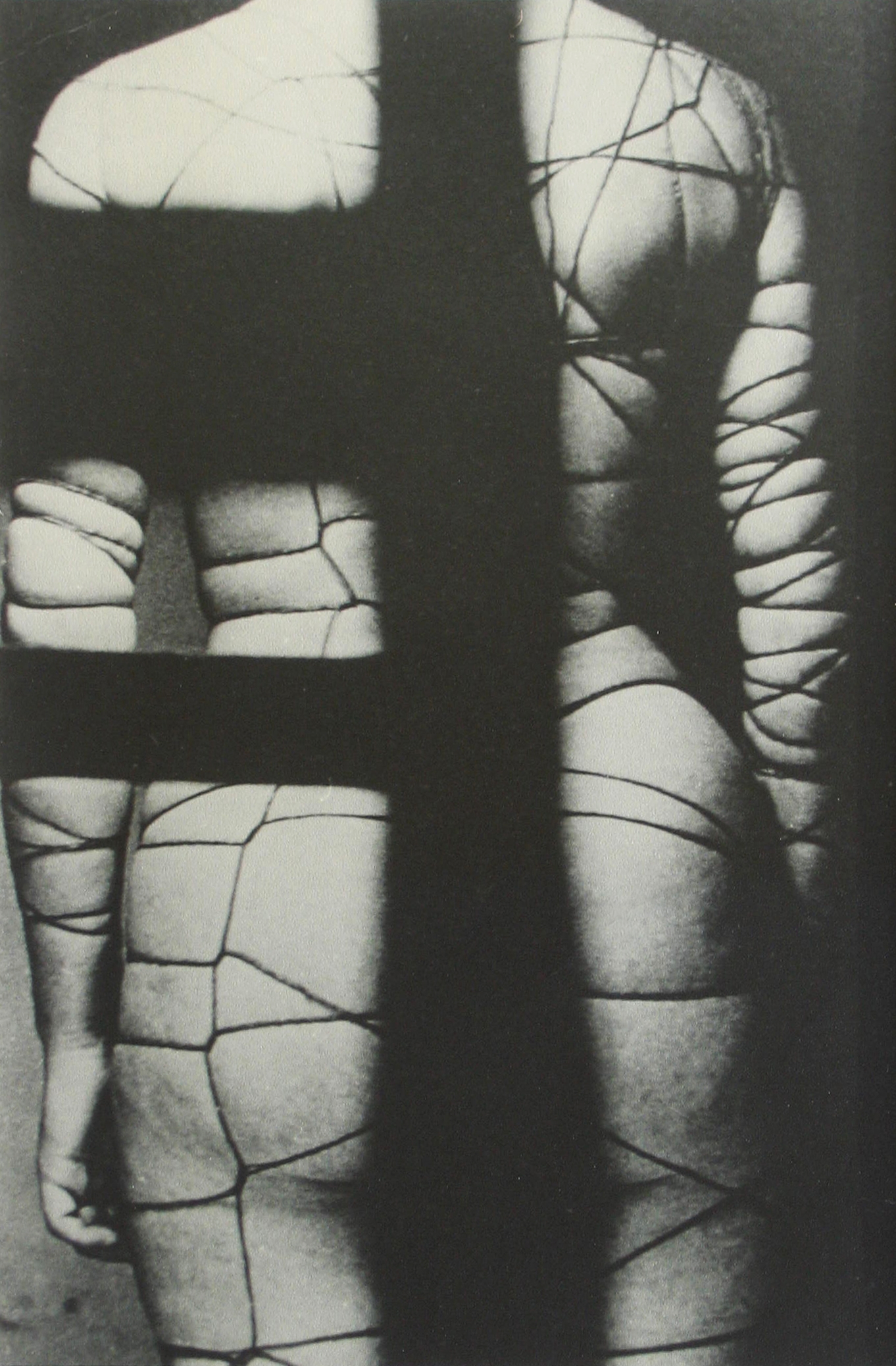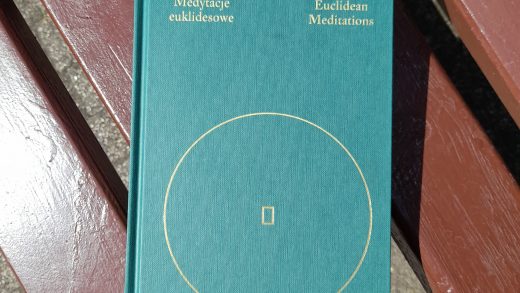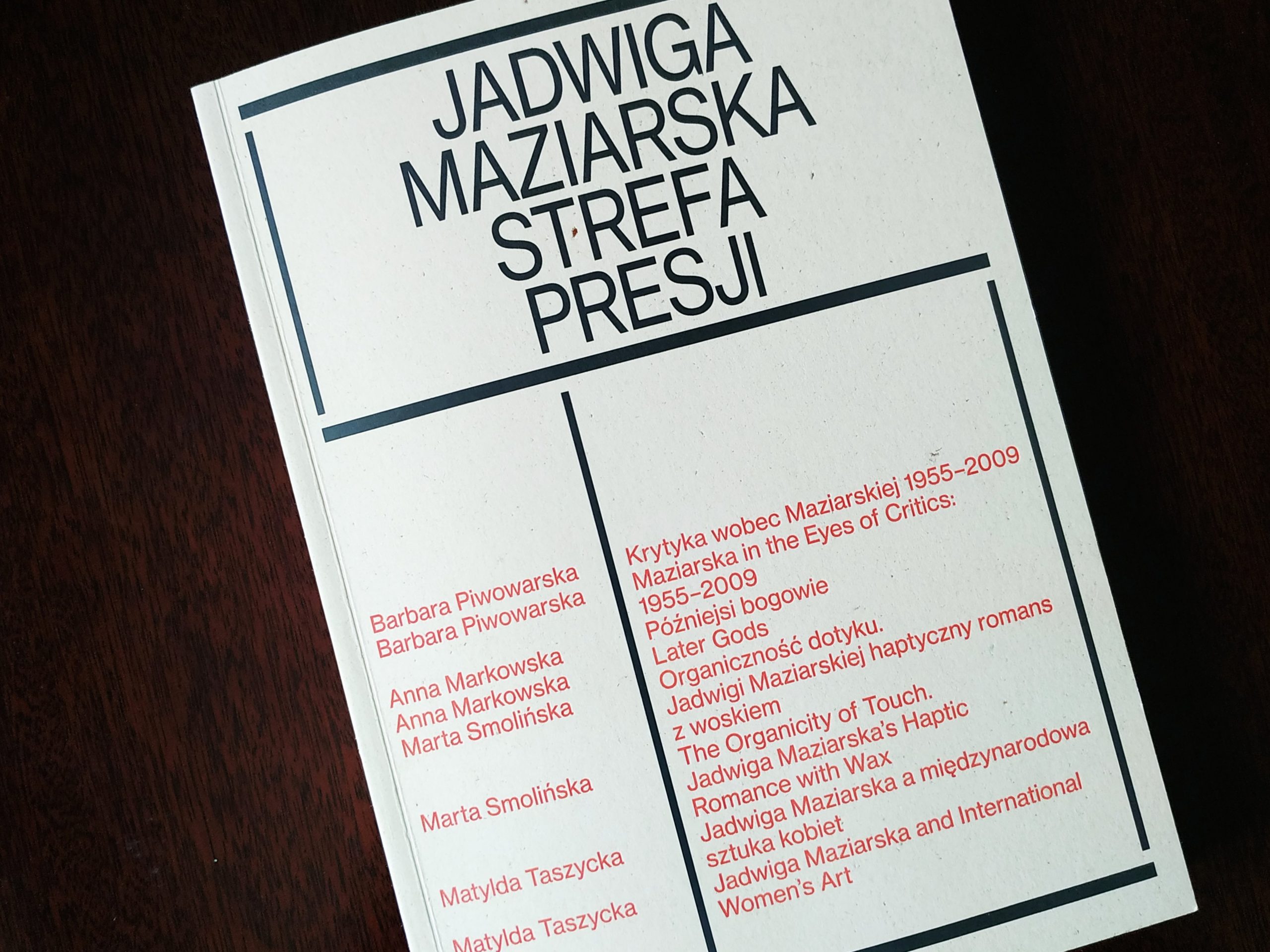09.10-13.11.2020
Location:
Galeria Piekary,
ul. Św. Marcin 80/82, Poznań
CK Zamek, Dziedziniec Różany
Exhibition open Monday-Friday 10:00 AM-6:00 PM
admission always free
Organizer:
Fundacja 9/11 Art Space

Partner:
Piekary Gallery
www.galeria-piekary.com.pl
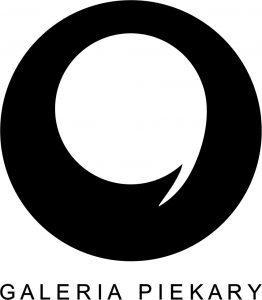
Media patronage:
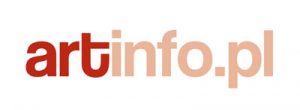
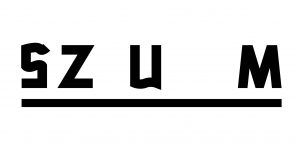
Co-financed by the City of Poznan 
“The questions contained in the works which make up the exhibition Imaging Exercises are not new, I have asked them on many occasions—formulating them differently each time—since the 1970s. It is my conviction that they concern fundamental issues in art; I address them repeatedly because they are still relevant.
The eponymous, twelve-part work from 2019 poses a question about the status of image, about the essence of imaging and its boundary points; it also asks what follows from the process of perception and what role imagination plays in that process. Certain aspects of those questions are also to be found in the series entitled Small Images (2019).
The drawings from the series Blue Lines (1989/2018) refer to the inquiry concerning autonomy of art and the associated issues of relationships between art and reality, which entail questions about social functions of art, its significations, metaphorics and symbolic content.
Earlier questions and reflections are recalled in the 1972 work entitled Empty Name. The title derives from logic, where the term denotes notional entities such as ‘glass mountain’ ‘pegasus’ or ‘quadrature of a circle’ which do not have their designata in objective reality. I wondered at the time whether the concept of art as an empty set is a fitting description of artistic articulations.
The exhibition is complemented by Incidental Drawings (2019‒2020), which are what they are, nothing more.”
Jarosław Kozłowski
Jarosław Kozłowski (born 1945) is an artist whose range of media spans drawing, book, object, installation, photography and performance. The artist consistently explores the idea of primacy of the notion and intellect over material objects, as well as probes the boundaries of the capacity to express what is thought through object, gesture, structure of language and sign, which situates his oeuvre within the realm of conceptual art. Kozłowski’s artistic activities make him one of the foremost conceptual artists in Poland, while his work is much acclaimed and widely exhibited internationally.
From 1963 to 1969, Kozłowski studied at the Faculty of Painting, Graphic Arts and Sculpture at the State Higher School of Visual Arts in Poznań (now the University of Arts in Poznań), where he started working as a teacher in 1967. That period saw the artist embark on a critique of the then artistic practices propagated by the academia and depart from painting, a discipline in which he felt “all too comfortable” to create—from 1967 onwards–environment-type works combined with text.
In the 1970s, Kozłowski showed linguistic pieces and carried out performative actions. The works created at the time include Modal Drawings, Exercises in Semiotics, Metaphysics, Physics, Ics. The spoken and written language he employed functioned as a disciplining system and as a domain in which to seek sovereignty. A watershed moment in the artist’s biography came with the launching (together with Andrzej Kostołowski) of the international art network NET (1971), which brought together artists around the world, connecting those from Eastern and Western Europe, USA, Canada, South America, Asia, and Poland itself. The project was built around openness, freedom, and global exchange or artistic ideas. NET made it possible to inspire one another, discuss artistic or theoretical conceptions involved in one’s work by means of letters. The initiative not only consolidated the standing of the artists as conceptualists, but also placed them in a broader context of reflection on the network theory and networking as such, where centreless structures operated based on reciprocity and co-dependency (which the 1971 Net Manifesto explicitly stated). In 1972, Kozłowski founded the Akumulatory 2 Gallery in Poznań (which functioned until 1990), a venue dedicated to exhibiting avantgarde artists, including many of those affiliated with NET. Running the gallery, Kozłowski established contact with the artist of Fluxus, thanks to which Fluxus Festival was held at the Akumulatory in 1977. In 1979, the British Council awarded Kozłowski a scholarship in London.
In 1981, the artist was appointed rector of his home university, a post he held until 1987; during that period he also stayed in Berlin (1984‒1985) as a DAAD fellow. Throughout the 1980s, Kozłowski focused on working through and exposing the myths which had grown around art and, more broadly, the entire system surrounding creative work, which often hampered creativity and stifled the freedom of expression. Works from that period are for the most part installations, often using sound. The modes in which contemporary culture functioned were critically addressed by the artist in series such as Mythology of Art and Realities of Art.
From 1991 to 1993 acted as curator responsible for the gallery programme and the collection at the Centre for Contemporary Art Ujazdowski Castle in Warsaw. As regards his art, the decade saw arrangements from ready-made objects, usually items of everyday use. Initially, they would perform the original function, but soon their functional elements began to be dislodged from “realistic reality” as the artist divested them of context in works such as Sharp Objects and Soft Protection. In that period, he gave lectures not only in Poznań, but also at the Statens Kunstakademi in Oslo (1992–1997), Rijksakademie van Beeldende Kunste in Amsterdam (1996–2004), and the Academy Without Walls in Lusaka (1999, 2001).
The late 1990s mark a particularly political stage in Kozłowski’s work, manifesting in e.g. European Standards and United World, works stemming from the reflection on the contemporary world.
In the 21st century, there emerged a palpable tendency in his art to respond even more acutely to the reality as he saw it (All Quiet in Central Africa, Hot News, Special Services on a Quest for the Philosopher’s Stone), while the commentary works are by and large endowed with ironic overtones. In 2005‒2010, Kozłowski was a lecturer at the Faculty of Fine Arts and Pedagogy, Adam Mickiewicz University. In subsequent years, his interests gravitated towards time—the concept and the aspect of its passing—which he expressed in the 2006 work entitled The Cistern of Time, a site-specific piece designed for the Cistern at the Centre for Contemporary Art Ujazdowski Castle. He also engaged with the notion of modernist art, trying to determine whether its formula is still valid (the series Rhetorical Figures). In 2006, the artist represented Poland at the Bienal de São Paulo, where he showed his Gravity Room and a fragment of United World. The Utopian Version. In 2019, Jarosław Kozłowski founded the Archiwum Idei Gallery, which displays the works of artists once associated with the Akumulatory 2 Gallery and the international art exchange platform NET. Author of over a hundred solo exhibitions in Poland and abroad, and contributor of numerous collective shows.
